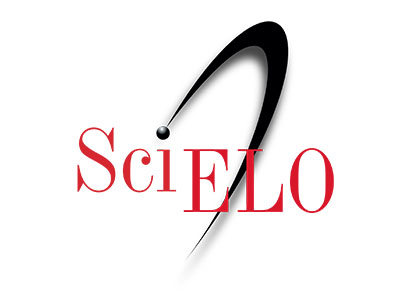Extended Access Barring for Handling Massive Machine Type Communication (mMTC) Deployments
DOI:
https://doi.org/10.37135/unach.ns.001.02.04Keywords:
Cellular networks, Extended access barring (EAB), Internet of things, Performance analysis, Random accessAbstract
Massive machine type communication (mMTC) has presented a promising moment to generate powerful and ubiquitous connections that face plenty of new challenges. Cellular networks are the potential solution owing to their extensive infrastructure deployment, reliability, security, and efficiency. In cellular-based mMTC networks, the random access channel is used to establish the connection between MTC devices and base stations (eNBs), where the scalable and efficient connectivity for a tremendous number of devices is the primary challenge. To deal with this, the Third Generation Partnership Project (3GPP) has suggested the extended access barring (EAB) as a mechanism for congestion control. The eNBs activate or deactivate EAB using a congestion coefficient. In this paper, an approach to implementing the congestion coefficient is presented so that EAB can operate thus handling congestion episodes in mMTC scenarios. Moreover, the performance of EAB is examined under different MTC traffic loads and paging cycle configurations concerning network key performance indicators (KPIs). Numerical results demonstrate the effectiveness of the proposed method to detect congestion episodes. Also, it is shown that increasing the value of the paging cycle configuration influence on the network behavior under EAB.
Downloads
References
- 3GPP (2014). Physical layer procedures. 3GPP, TS 36.213.
- 3GPP (2017a). Feasibility Study for Further Advancements for E-UTRA. 3GPP, TR 36.912.
- 3GPP (2017b). Medium Access Control (MAC) Protocol Specification. 3GPP, TS 36.321.
- 3GPP (2017c). Physical Channels and Modulation. 3GPP, TS 36.211.
- 3GPP (2017d). Radio Resource Control (RRC), Protocol specification. 3GPP, TS 36.331.
- 3GPP (2017e). Service Accessibility. 3GPP, TS 22.011.
- 3GPP (2017f). Service Requirements for Machine-Type Communications. 3GPP, TS 22.368.
- 3GPP (2017g). TS 36.304, V14.4.0, User Equipment (UE) procedures in idle mode.
- Cheng, R. G., Chen, J., Chen, D. W., and Wei, C. H. (2015). Modeling and analysis of an extended access barring algorithm for machine-type communications in {LTE-A} networks, 14(6), 2956-2968.
- Ericsson (2017). Ericsson mobility report/internet of things forecast.
- Hwang, R.-H., Huang, C.-F., Lin, H.-W., and Wu, J.-J. (2016). Uplink access control for machine-type communications in LTE-A networks. Personal and Ubiquitous Computing, 20 (6), 851-862.
- Kim, H., Lee, S. S., and Lee, S. Dynamic extended access barring for improved M2M communication in LTE-A networks. In Proc. IEEE SMC, pp. 2742-2747.
- Larmo, A. and Susitaival, R. RAN overload control for Machine Type Communications in LTE. In IEEE Globecom Workshops, pp. 1626-1631.
- Phuyal, U., Koc, A.~T., Fong, M.~H., and Vannithamby, R. Controlling access overload and signaling congestion in M2M networks. In Proc. IEEE ASILOMAR, pp. 591-595.
- Tello-Oquendo, L., Leyva-Mayorga, I., Pla, V., Martinez-Bauset, J., Vidal, J. R., Casares-Giner, V., and Guijarro, L. (2018). Performance Analysis and Optimal Access Class Barring Parameter Configuration in LTE-A Networks With Massive M2M Traffic. 67(4), 3505-3520.
- Toor, W. T. and Jin, H. Comparative study of access class barring and extended access barring for machine type communications. In Proc. IEEE ICTC, pp. 604-609.
- WG2, G. T. R. (2012). Further performance evaluation of {EAB} information update mechanisms. Meeting N. 77 R2-120270, 3rd Generation Partnership Project (3GPP).







